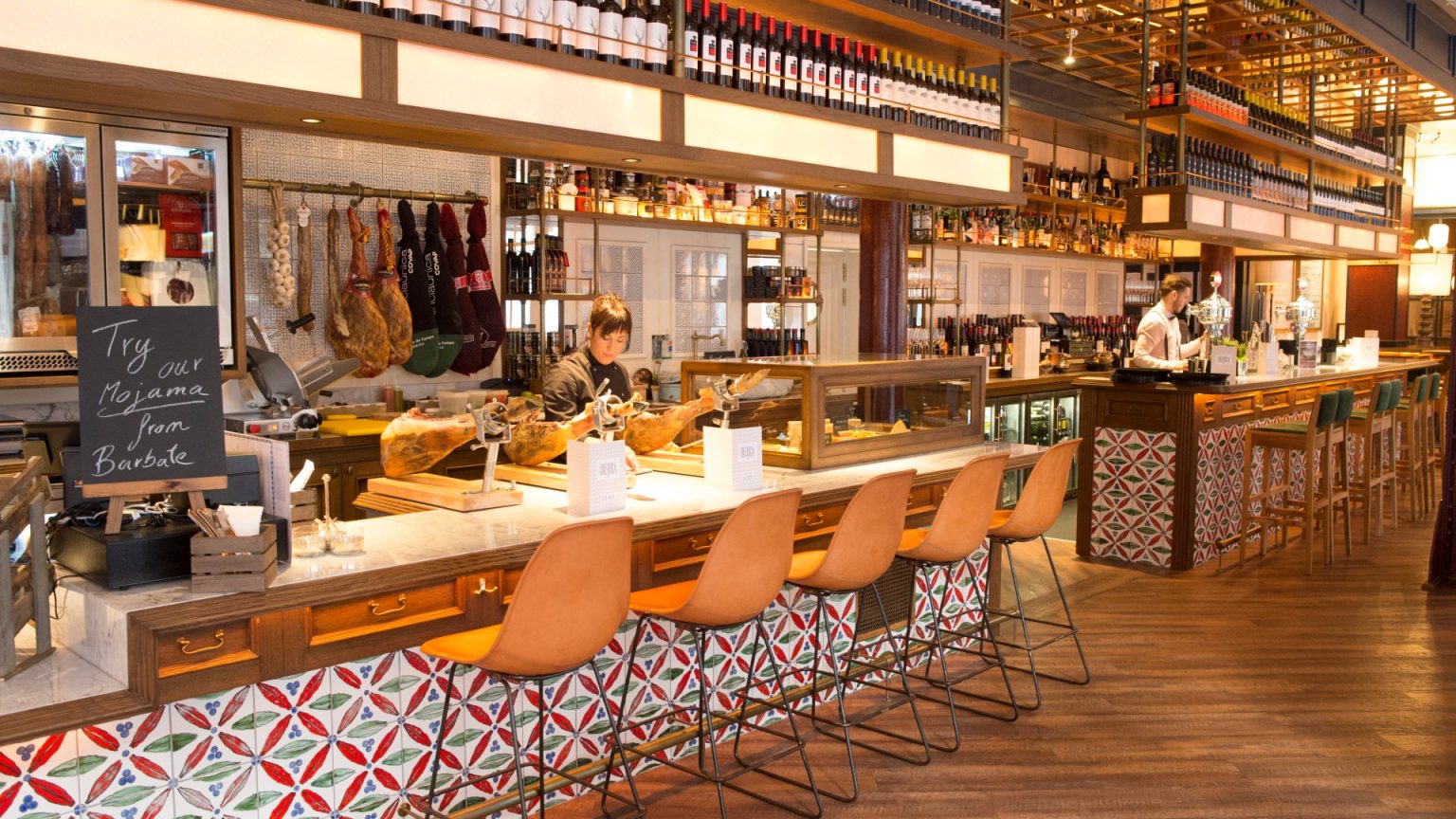A popular restaurant chain, inspired by tapas and owned by Michelin-starred chef Nacho Manzano, is facing financial difficulties and has filed for administration. Iberica, which first opened in London in 2008 and later expanded to Leeds, is now struggling to stay afloat. The parent company, Iberica Food and Culture, has sought protection from creditors for up to 10 days while professional services firm RSM handles the insolvency process. Despite its initial success, the chain has faced challenges over the years, including a Company Voluntary Arrangement in 2020 that led to the closure of two restaurants in Glasgow and Manchester.
Despite its high-profile ownership and success in the competitive London dining scene, Iberica has been unable to weather the storm of economic challenges facing the restaurant industry. With patrons increasingly opting for more budget-friendly dining options over upscale experiences, even well-known chefs like Manzano are finding it difficult to sustain their establishments. This trend is not unique to Iberica, as other Michelin-starred and celebrity-owned restaurants have also been forced to close their doors in recent months. The closure of these establishments is reflective of a broader shift in consumer preferences and spending habits, with diners now prioritizing affordability over luxury dining experiences.
The financial struggles faced by Iberica may be indicative of larger issues within the restaurant industry, as high operating costs and decreased consumer spending have impacted establishments across the sector. The decision to file for administration signifies the company’s acknowledgment of its financial challenges and the need for external support to navigate this difficult period. The closure of two restaurants as part of a previous restructuring effort highlights the ongoing difficulties faced by the chain, despite its initial success and popularity in the London dining scene.
The closure of Iberica, along with other high-profile restaurant closures, raises questions about the long-term viability of upscale dining establishments in an increasingly challenging economic environment. The closure of celebrity-owned restaurants and Michelin-starred establishments suggests that even well-known chefs and successful brands are not immune to the financial pressures facing the industry. As consumers continue to prioritize affordability and value in their dining choices, established restaurants may need to reevaluate their business models and offerings to remain competitive in a changing market landscape.
The closure of Iberica highlights the fragility of the restaurant industry in the face of economic challenges and shifting consumer preferences. Despite its initial success and prominent ownership, the chain has been unable to sustain its operations in the current economic climate. The closure of other high-profile restaurants, including those owned by celebrity chefs and Michelin-starred establishments, underscores the broader challenges facing the industry. As upscale dining establishments continue to face financial pressures, restaurant owners and industry experts will need to adapt and innovate to ensure the long-term success and sustainability of their businesses.
In conclusion, the closure of Iberica and other high-profile restaurants owned by celebrity chefs and Michelin-starred establishments reflects the larger challenges facing the restaurant industry. The financial difficulties experienced by these establishments highlight the need for strategic adaptation and innovation to meet evolving consumer preferences and economic conditions. As the industry continues to navigate an uncertain future, restaurant owners, chefs, and industry experts will need to collaborate and innovate to ensure the long-term viability and success of upscale dining establishments in a changing market landscape.











